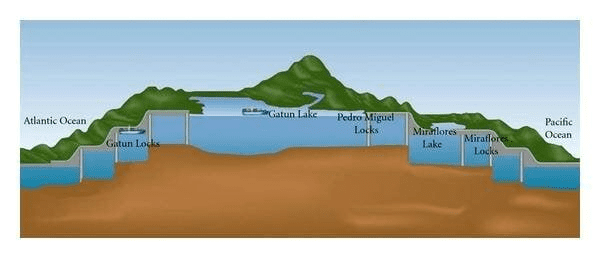
Executive coaching has become the most sought-after leadership development intervention in recent times. Today’s leaders are expected to continuously broad base their skills to meet the ever-changing demands of the businesses and invariably they require help in some form or other in their professional journeys. While leading companies have made coaching integral to their leadership performance, most organisations tend to seek coaching for pre-defined business circumstances. Fundamentally, as coaching connects at the human level to enable leaders to rediscover themselves and unfold their unrealised potential, it has proven to be more beneficial across the leadership learning spectrum than a restricted view some companies have. Here is an attempt to change that perception a little, triggered by a conversation I had with the leader I am engaged as a coach.
During a recent interaction, the leader was sharing a few challenges he was facing at his workplace, some could have been avoided with better planning but most stemmed from circumstances beyond his control including the hit on operations due to the aftereffects of this year’s prolonged monsoon. He and his team had a smooth sail till a few months ago and were caught in an almost sudden and simultaneous occurrence of adverse events. He was not necessarily seeking solutions, but just wanted to share his plight with a patient listener. For some reason, as I was listening to him, the image of the giant ship ‘Evergreen’ being stuck in the Suez Canal came to my mind. The vessel was trapped for 6 days, unable to move and blocking the passage of more than 400 ships carrying goods worth millions of dollars. Later in the day, I tried to find out more about the incident which led me to a few videos and moving from one to another, I ended up watching a few on Panama Canal. The construction of the canal and the process of allowing ships to sail through the narrow passage was fascinating and it struck me that the canal had some relevance to business situations leaders face and further to coaching. Random connection alright, but don't we get some insights from our random thoughts?
Panama Canal is arguably the most difficult engineering feat ever undertaken in our times. The waterway that connects the mighty Pacific and Atlantic oceans is an artificial 82 km passage that provides the crucial conduit for the maritime trade shortening the journey between Europe and West Coast America by more than 20,000 km. It is a complex construction as it connects the two oceans that sit at different levels and is built over a hillock where at its highest elevation ships sail at 85 feet above the mean sea level! (en.wikipedia.org/wiki/Panama_Canal)
Massive cargo or cruise ships that sport sophisticated navigation and engine systems and move in style on open seas, cannot just pass through the canal on their own. A well-designed and orchestrated support systems take over and guide the ships go through the passage. Tugboats form a crucial part of the support systems. These boats are small but possess powerful engines and are operated by experienced pilots who push or pull the ships across multiple lock chambers to ascend or descend the differing levels of the canal.
So, what has this engineering wonder to do with coaching? Interestingly, I could see some similarities - and some differences too.
Leaders who steer their businesses with ease during ‘peace time’ face their share of difficult moments. The situations demand that they take tough or unpopular decisions, operate in unchartered territory or go through an uncertain transition. They, in some way, encounter the ‘Panama Canal’ moment. Some thrive and some succumb in their attempts to come out unscathed. With timely help, like the mega ships, they possibly can better navigate through tough times. Executive Coaching has been proven to provide such help. Coaches like tugboats can take over the navigation and guide the leaders till they are ‘out of the canal.’ While powerful engines and skillful pilots characterise the operations of the tugboats, method orientation and experienced professionals define coaches and their approach. Mega ships, despite their sophisticated systems, surrender themselves to the guidance of tugboats (and other support systems) while at the canal and similarly leaders who carry vast powers at their workplace will have to be humble enough to be guided by the coaches.
The analogy works at a certain level. There are differences though. The tugboats take complete control of the ships while maneuvering through the canal. Coaches help leaders find their own paths through impactful coaching conversations. It is help in both cases but they take different forms. Another significant difference, the routes and timelines of the ships are planned much in advance and the systems are well structured to provide support when they approach the entry point of the canal, however, on the business front it is different. The environment is increasingly becoming dynamic and governed by odds than certainties. Famously referred to as the ‘VUCA world,’ leaders face difficult moments more often than ever before. Be it geopolitical, commerce or technology, the changes are rapid and unexpected. Differences aside, the need for help cannot be more emphasised.
So, what can companies do to help their leaders navigate the ‘Panama Canal’ moments?
While determining the support for their leaders to sail through tough moments, they should evaluate if leaders can benefit from coaches who can play the role of tugboats in the coaching context. Executive coaching can be tailored to help leaders perform to their potential not just during normal times but also when odds are stacked against them. So, it bears on the organisations and their leaders to assess their situations and seek help when required.
